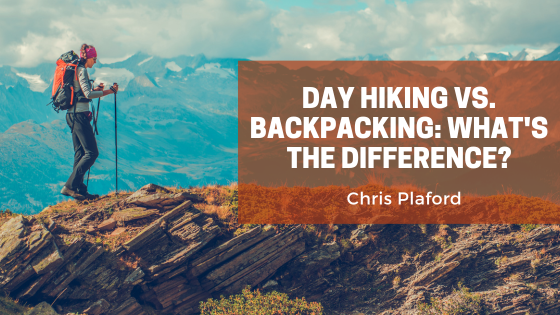Exploring the great outdoors offers a variety of experiences, each with its unique appeal. Two popular ways to immerse oneself in nature are day hiking and backpacking. While both activities involve trekking through trails and enjoying the beauty of the natural world, they cater to different types of adventurers and require different levels of preparation. Let’s dive into the key differences between day hiking and backpacking to help you decide which is right for you.Day Hiking
Day hiking involves setting out on a hike that can be completed within a single day. These hikes range from a few hours to a full day, but they do not require an overnight stay.
Preparation
- Gear: Day hikers typically carry a light backpack with essentials, including water, snacks, a map, a first-aid kit, and perhaps a lightweight jacket or rain gear.
- Planning: Planning for a day hike is usually straightforward. Choose a trail, check the weather, and ensure you have enough time to complete the hike before nightfall.
- Fitness Level: Day hikes can vary in difficulty, making them accessible to a wide range of fitness levels. Beginners can start with easy, well-marked trails, while seasoned hikers might opt for more challenging routes.
Experience
Day hiking allows you to enjoy nature’s beauty without committing to an overnight stay. It’s perfect for those with limited time, families with young children, or anyone looking for a quick escape into the wilderness.
Backpacking
Backpacking, on the other hand, involves hiking with all the necessary gear to camp overnight in the wilderness. These trips can last from a single night to several days or even weeks.
Preparation
- Gear: Backpackers carry everything they need for extended stays, including a tent, sleeping bag, cooking equipment, food, and extra clothing. The backpack is typically much heavier than a day hike pack.
- Planning: Planning for a backpacking trip is more complex. It involves selecting a route, understanding the terrain, knowing water sources, and being prepared for varying weather conditions.
- Fitness Level: Backpacking requires a higher level of physical fitness and endurance. The backpack’s added weight and the trip’s longer duration demand more from the hiker’s body.
Experience
Backpacking offers a deeper immersion into nature. It provides the opportunity to explore remote areas, experience the solitude of the wilderness, and enjoy the tranquility of camping under the stars. However, it also requires a greater commitment in terms of time, preparation, and physical exertion.
Key Differences
- Duration: Day hiking is completed within a single day, while backpacking involves overnight stays.
- Gear: Day hikers carry minimal gear, whereas backpackers carry everything needed for camping.
- Planning: Day hiking requires simpler planning compared to the detailed preparation needed for backpacking.
- Physical Demands: Backpacking is generally more physically demanding due to the heavier pack and longer duration.
Both day hiking and backpacking offer unique ways to connect with nature, each with its distinct advantages. Day hiking is ideal for those seeking a quick adventure with minimal preparation while backpacking appeals to those looking for a more immersive and extended outdoor experience. Whether you choose a day hike or a backpacking trip, the key is to enjoy the natural world’s journey and beauty.

